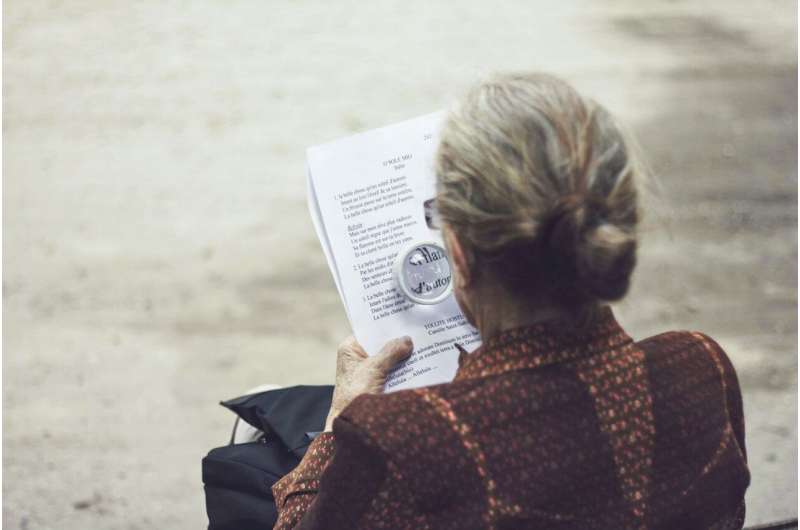Innovative Approach to Developing a Universal Antiviral Therapy

A groundbreaking mRNA-based therapy aims to mimic a rare immune deficiency, providing broad protection against multiple viruses and paving the way for a universal antiviral treatment.
Researchers at Columbia University Irving Medical Center have made significant progress toward creating a broad-spectrum antiviral treatment inspired by a rare immune deficiency. This condition, caused by a mutation affecting the immune regulator ISG15, grants affected individuals the unexpected ability to resist many viral infections, including influenza and SARS-CoV-2, without displaying typical illness symptoms. Columbia immunologist Dusan Bogunovic began studying this phenomenon over 15 years ago, recognizing that these individuals experience mild, persistent inflammation that provides antiviral protection.
The key discovery was that these patients' immune systems produce a unique response involving the activation of 10 specific proteins, which collectively serve as a natural defense against various viruses. Inspired by this, Bogunovic's team has developed an experimental mRNA-based therapy that temporarily triggers the production of these proteins in healthy subjects. When administered via a nasal spray to animals such as hamsters and mice, the therapy effectively prevented the replication of influenza and SARS-CoV-2 viruses and reduced disease severity. Importantly, in cell culture studies, the therapy has shown remarkable resistance against multiple viruses, indicating its potential as a universal antiviral.
The therapeutic approach mimics what naturally occurs in individuals with ISG15 deficiency but only for a short duration, minimizing excessive inflammation. It involves delivering ten mRNAs encapsulated in lipid nanoparticles, which prompt the recipient's cells to produce the antiviral proteins. This method not only offers immediate protection but is also expected to complement natural immune memory development.
While delivery methods and dosage durations are still being optimized, Bogunovic emphasizes that this technology could serve as a vital tool in future pandemics, providing protection for first responders, vulnerable populations, and even family members of infected persons, regardless of the specific virus involved. The research underscores the power of curiosity-driven science in uncovering innovative solutions that could revolutionize antiviral medicine.
Stay Updated with Mia's Feed
Get the latest health & wellness insights delivered straight to your inbox.
Related Articles
Susan Monarez Moves Closer to Leading the CDC Through Senate Confirmation
Susan Monarez is on track to become the next CDC director after a Senate health committee vote; her confirmation could mark a significant leadership change amid ongoing public health debates.
New Hope for Alzheimer's Disease Patients and Families: Advances in Detection and Treatment
Advances in blood testing and new medications are improving Alzheimer's diagnosis and slowing disease progression, providing hope for many patients and families.
Enhanced Imaging Methods Detect Earliest Breast Cancers in Women with Dense Breasts
Advanced imaging techniques like MRI and contrast mammography significantly improve early breast cancer detection in women with dense breast tissue, especially when traditional mammograms are negative. This research highlights the potential for more effective, personalized screening strategies.
Understanding Epigenetic Noise: How Cells Change Identity Through Random Genome Fluctuations
Recent discoveries reveal how random fluctuations in chromatin structure—epigenetic noise—enable cells to change their identity, playing crucial roles in immune tolerance, tissue repair, and cancer development. Learn how cells harness this variability for health and disease.



